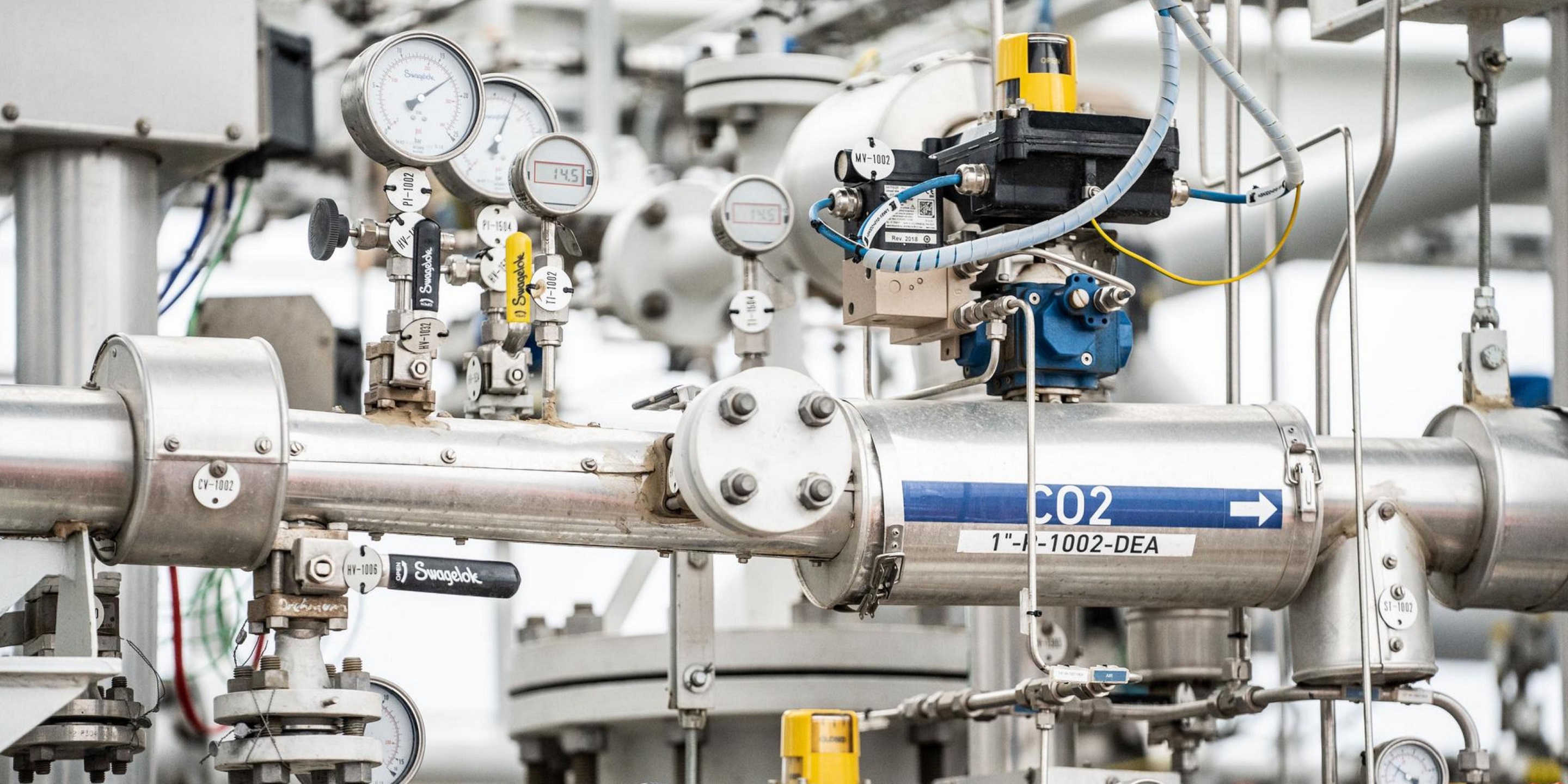Honeywell’s Technology Selected By Jiutai For World Leading Methanol-To-Jet Fuel Plant

Honeywell’s Technology Selected By Jiutai For World Leading Methanol-To-Jet Fuel Plant
Honeywell UOP eFining™ can reduce greenhouse gas (GHG) emissions by 88% compared to conventional jet fuel1
SHANGHAI, August 2, 2024 — Honeywell (NASDAQ: HON) announced today that Inner Mongolia Jiutai Group (Jiutai) has selected its UOP eFiningTM technology to help support the production of 100,000 tons of sustainable aviation fuel (SAF) per year from eMethanol. The agreement represents Honeywell’s first global commercial eFining license and supports the company’s alignment of its portfolio to three compelling megatrends – the future of aviation, energy transition and automation.
Honeywell eFining is a methanol-to-jet (MTJ) processing technology that turns eMethanol into eSAF, a low-carbon jet fuel, and does so reliably at scale and at a lower cost than similar technologies. By using methanol produced from carbon dioxide (CO2) and green hydrogen, Honeywell’s eFining technology expands the type of feedstock that can be used for SAF and can also reduce greenhouse gas (GHG) emissions by 88% compared to conventional jet fuel1.
"Honeywell's extensive technical expertise and practical experience in SAF have enabled us to identify innovative ways in which flexible feedstocks can be used to support aviation's energy transition," said William Yu, President of Honeywell China. "This collaboration not only marks the first commercial license for SAF production using Honeywell's eFining technology, but also showcases our commitment to contributing to the sustainable development of the global aviation industry as we drive progress toward a low-carbon future."
Inner Mongolia Jiutai Group will use eFining to convert its methanol-to-olefins (MTO) facility into a SAF production plant. By leveraging abundant wind resources in northwest China, Honeywell and Inner Mongolia Jiutai Group aim to have highly efficient SAF production.
"With more than a century of technological innovation, Honeywell has established a strong partnership with Jiutai over the years," said Cui Lianguo, Chairman of Jiutai Group. "Through this collaboration, Jiutai will integrate surplus capacity from our MTO facility and utilize Honeywell’s technology to produce SAF. This partnership not only drives our group's energy transformation but also contributes to the aviation industry's sustainability future."
Honeywell's eFining technology is one of the latest in its line of offerings that are helping to drive the decarbonization of the aviation sector. The company, in collaboration with Eni S.p.A., helped pioneer SAF production with its Ecofining™ process, which has been used to produce the fuel commercially since 2016. Honeywell now offers solutions across a range of feedstocks to meet the rapidly growing demand for renewable fuels, including SAF – which is a crucial solution for reducing emissions in the aviation industry. More than 50 sites globally have licensed Honeywell's SAF technologies, with refineries projected to exceed a combined capacity of more than 500,000 barrels of SAF per day when fully operational.
About Honeywell
Honeywell is an integrated operating company serving a broad range of industries and geographies around the world. Our business is aligned with three powerful megatrends – automation, the future of aviation and energy transition – underpinned by our Honeywell Accelerator operating system and Honeywell Forge IoT platform. As a trusted partner, we help organizations solve the world's toughest, most complex challenges, providing actionable solutions and innovations through our Aerospace Technologies, Industrial Automation, Building Automation and Energy and Sustainability Solutions business segments that help make the world smarter, safer and more sustainable. For more news and information on Honeywell, please visit www.honeywell.com/newsroom.
1Reduced GHG emissions is based on UOP carbon intensity analysis, derived from a 3rd-party study of methanol production from green hydrogen and CO2 captured from biomass processing, in comparison to fossil fuels.

